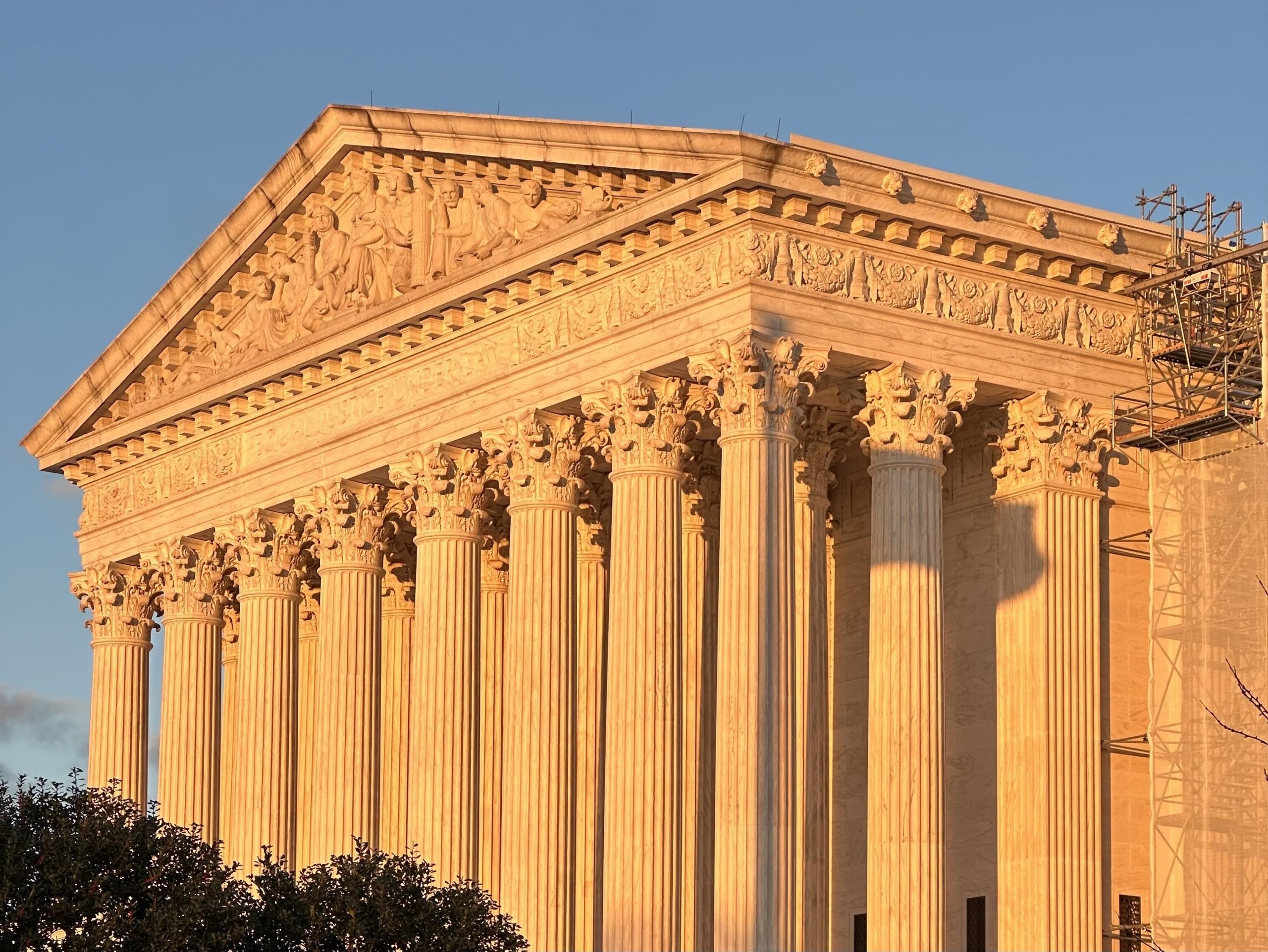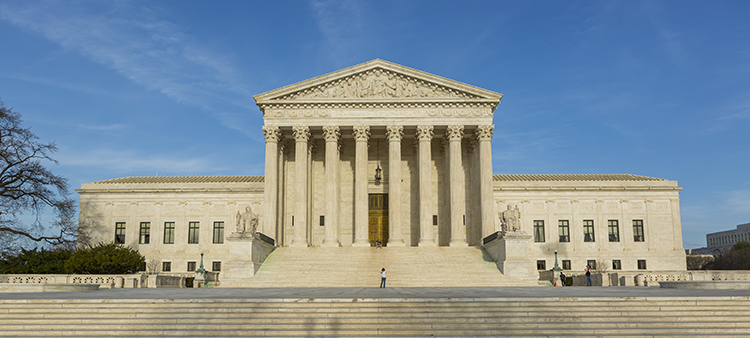The future of DEI programs in the legal industry
Image from Shutterstock.
The legal professional lacks diversity. In other news, the sun is hot, law school is expensive and junk food is bad for you.
Not to be facetious, but the lack of diversity when it comes to race, gender, sexuality, disability and social class within the legal profession is nothing new. However, the last decade has marked a gradual increase in diversity across all fields.
For instance, according to the most recent ABA Profile of the Legal Profession report, women only make up 39% of the lawyers in this country, despite women being over 50% of the population, according to the U.S. Census Bureau. Nevertheless, that 39% is actually an increase, compared to where it was 10 or even 20 years ago.
Meanwhile, racial minorities only make up 21% of the lawyers in this country—an improvement over 10 years ago, when it was only 11%, according to the report. There are similar trends when it comes to sexual orientation and disability.
However, diversity, equity and inclusion programs, or DEI for short, have come under attack lately. Last year, the U.S. Supreme Court struck down affirmative action programs in college admissions, and several groups have started challenging the legality of DEI programs at law firms and companies.
Are we looking at an undoing of all the progress that’s been made over the last few decades to make the legal profession more diverse?
In this episode of the Legal Rebels Podcast, Lisa Kirby and Kavita Ramakrishnan of Diversity Lab, a think tank that uses metrics, behavioral science and design thinking to produce initiatives that cultivate diversity and inclusion in legal organizations, talk to the ABA Journal’s Victor Li. They discuss diversity in the legal profession and where DEI efforts might be heading.

Apple | Spotify | Google Play






